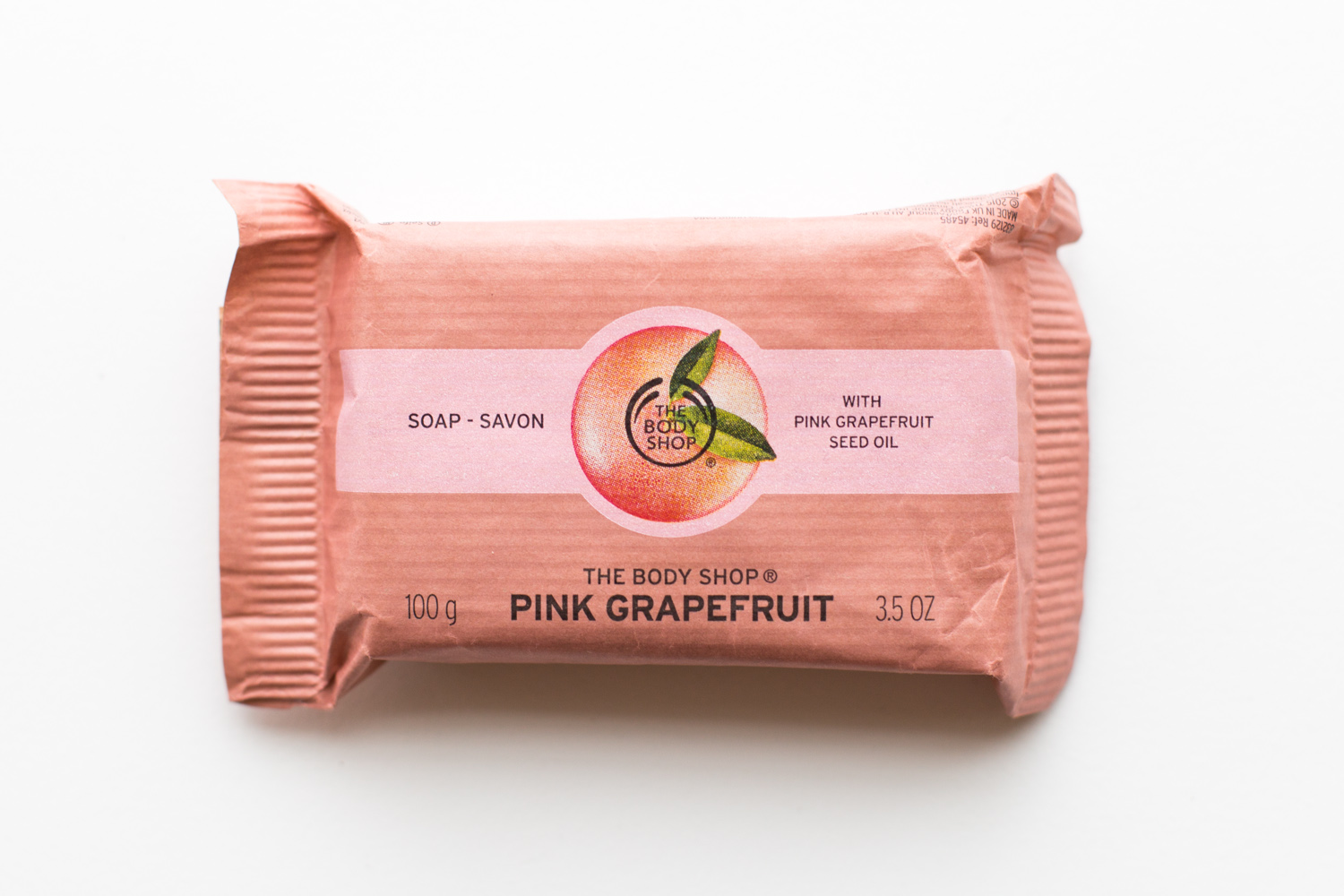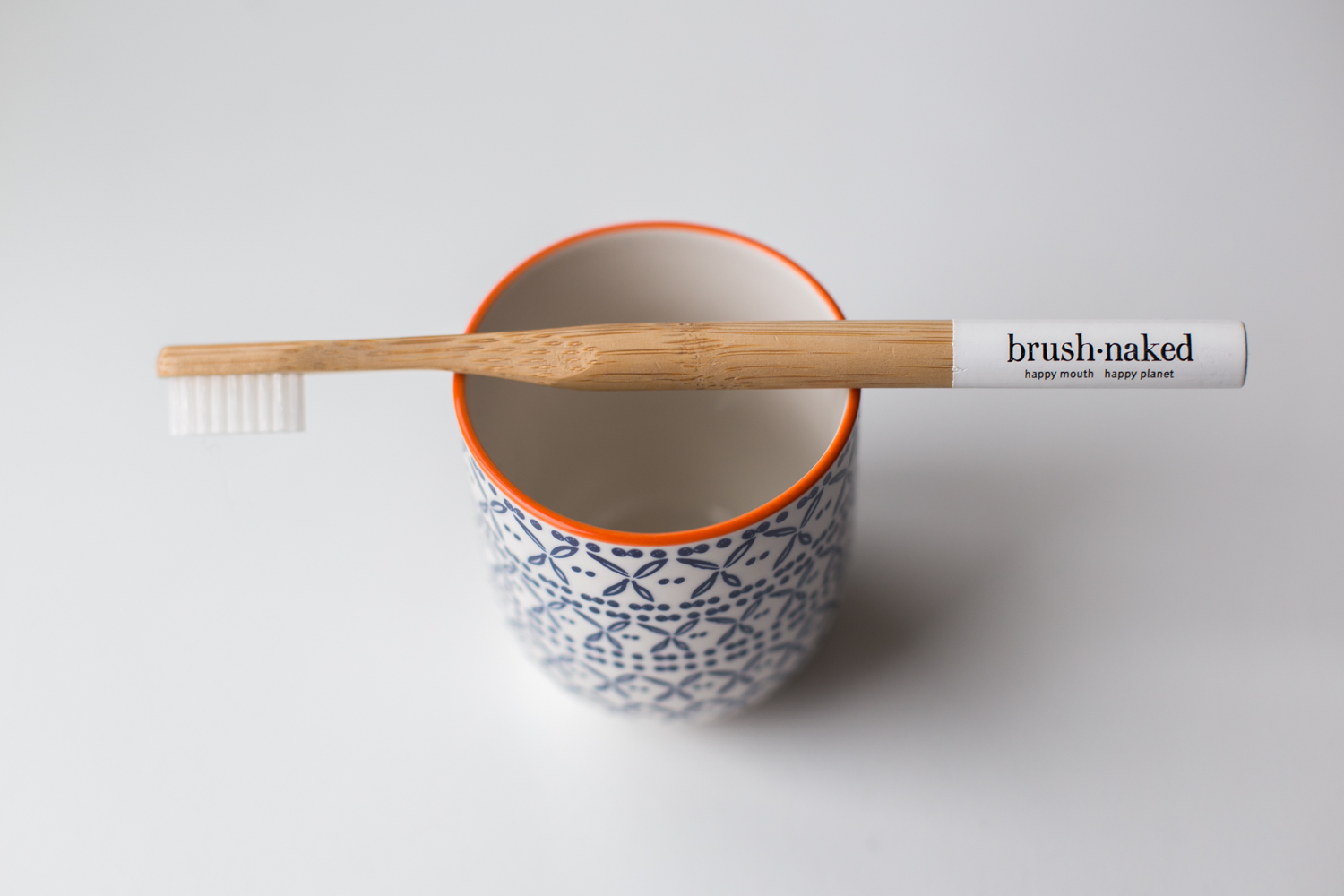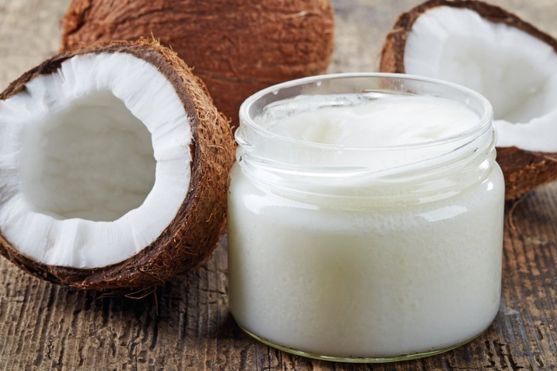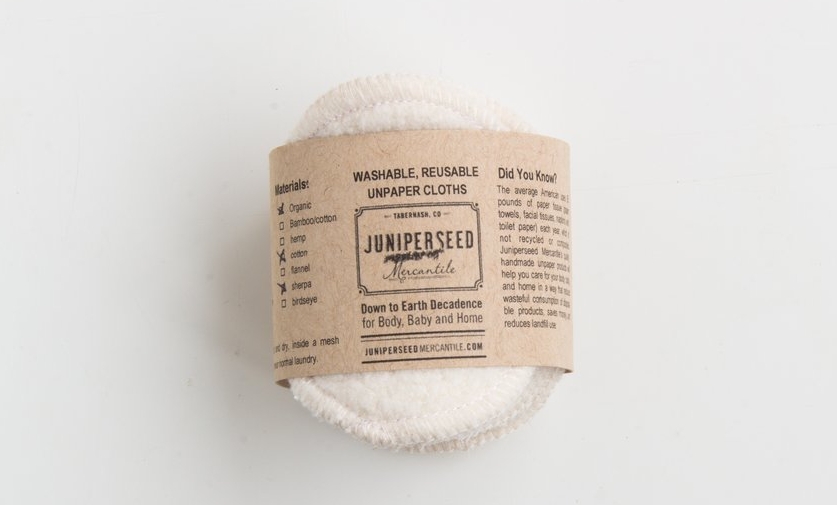Sustainable Toiletries
...that will probably save you money
Does anyone else regularly spend money on toiletries and body care essentials? Every few months I seem to need to replenish something in my stock. This post is all about trading out items you habitually buy in favour of more sustainable options. If you're new to trying out sustainably living, this post is a great place to start because much of these alterations will actually save you money. Win-win! But why are these suggested items more sustainable? Because they're not made from or encased in plastic.
Bamboo toothbrush
Bamboo is the earth's fastest growing plant so it's a super sustainable resource. The average toothbrush is made from hard plastic which takes hundreds of years to break down. All those toothbrushes you've used in your life? They're still roaming around this world somewhere. When you multiply that number by the amount of people in your family, you start to get the picture of how unsustainable it is for us to keep using items we discard every few months built from a material which can't decompose.
Bamboo toothbrushes (which can decompose) are getting pretty popular so there are quite a few online retailers now. My dream is to see these sold in our supermarkets. For now, if you're in the UK you can find them here, or if you're in the States: here, or in Canada: here.
Soap and shampoo bars
Let's ditch these plastic bottles which sell us liquid soaps and shampoos - you can buy bar-shaped alternatives which are brilliant, and no compromise in quality. In fact, the chemicals added to shampoos to help them lather up, smell fragrant and have that thick gloopy texture add no function to actually cleaning our hair. If anything, those chemicals aren't great for our scalps. Cue: Lush shampoo bars. They're made from all natural ingredients and are sold with small tins to hold the bars in - tins which you can reuse and reuse. That's pretty sustainable. Bars of soap are also a great trade for shower gels. Simply pop one in a tin and use a shower scrub to lather them up.
Coconut Oil
I can't brag enough about coconut oil because it can replace so many of your body care items. It's great as makeup remover (even with waterproof mascara) and moisturiser (I use it for face and body), or you can leave it in your hair overnight to act as deep conditioner or a dry scalp treatment.
Coconut oil comes in a jar (yey - glass is easily reusable or recyclable) and is set at room temperature. Weirdly enough, you'll likely find it in the food aisle of your local supermarket and you'll want to get the extra virgin organic raw kind, Fairtrade too if you can.
Reusable cotton face pads
A way to ditch those cotton pads you buy which come in plastic wrapping is to switch to the reusable fabric alternative. I bought a set of five about a year ago and I have no complaints - in fact, it saves me money. These pads (which you could make yourself if you're feeling ambitious) came with a small mesh laundry bag which I chuck into the wash every now and then. I thought they'd get stained with lipstick and mascara over time but they haven't, and I don't find them harsh on my skin. These pads coupled with coconut oil is the essence of my makeup-removal routine.
If you're in the UK you can find reusable face pads: here, or in North America: here.
Top tip
• Watch out for cotton buds/q-tips with plastic stems - you'd be surprised how many are washed up on our beaches. There are alternatives out there with cardboard sticks.
• Refillable dental floss exists too, coming in a small glass vile rather than a hard plastic shell. You can find those here.
• Watch out for microbeads (small plastic beads) in many exfoliants. Brands like Neutrogena, Clean & Clear and Olay use these plastic exfoliants in their products, but these beads wash down our sinks into our oceans and into fish/the food chain.
WHY BOTHER?
Lots of our toiletries are packaged in plastic and need replenishing every few months, but plastic packaging is rubbish (pun intended) because once it serves one function, we throw it out. We may think 'out of sight, out of mind', but that's not the case with our waste. Plastic packaging takes hundreds of years to break down - virtually all of the plastic ever made is still on this earth and only 9% of plastic is recycled.
This doesn't have empty consequences. People, businesses, mammals, fish and our oceans are affected by plastic pollution. There are fishermen whose income relies of the health of local fish. There are fishes and birds dying from hunger because their bellies are full of plastic which they can't digest.
There are coastal people whose livelihood relies on the tourist industry, but their beaches are littered with washed up plastic/waste from around the world. Our waste affects lots of facets of this world - let's use our influence an an opportunity to be conscientious and kind, not blind.






